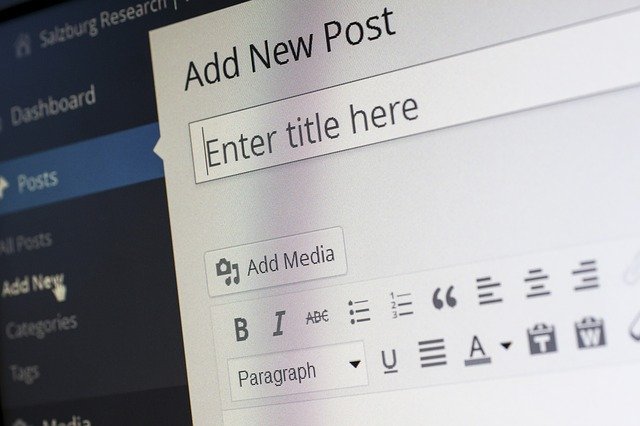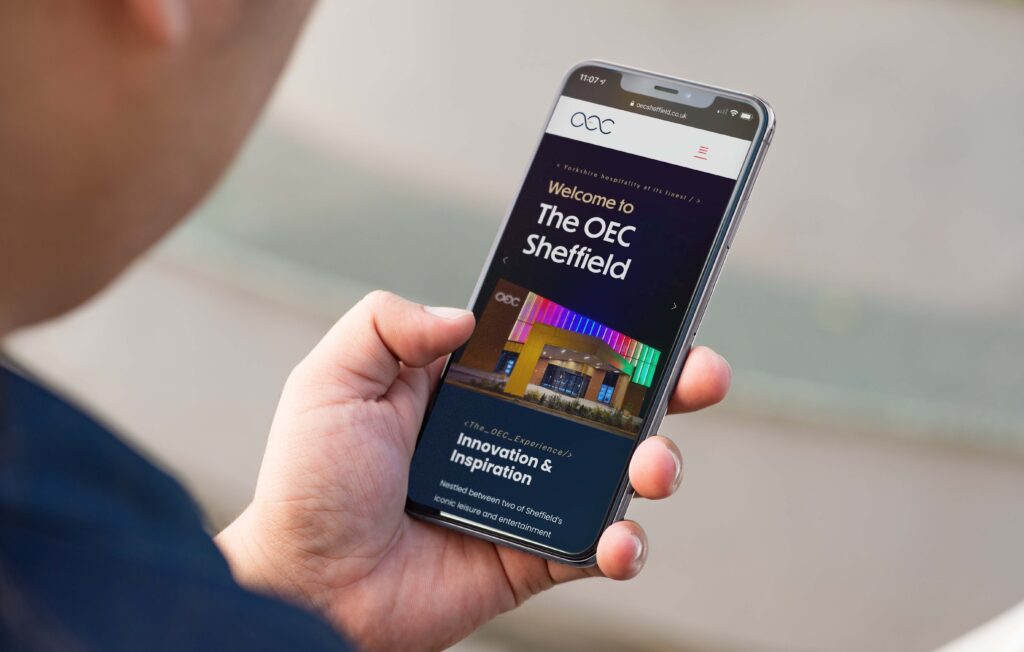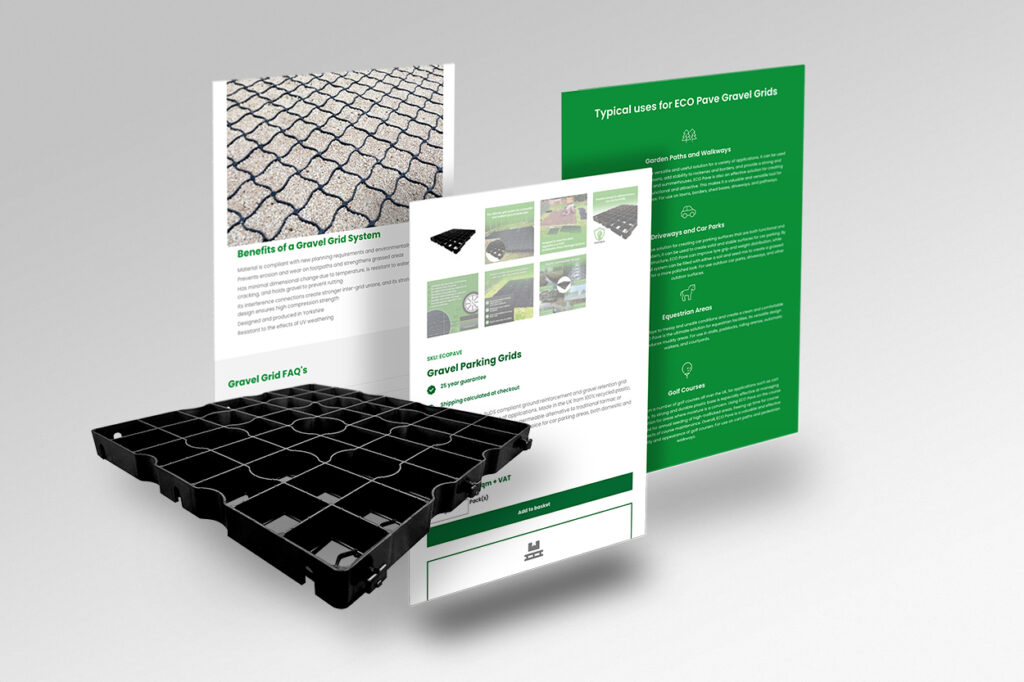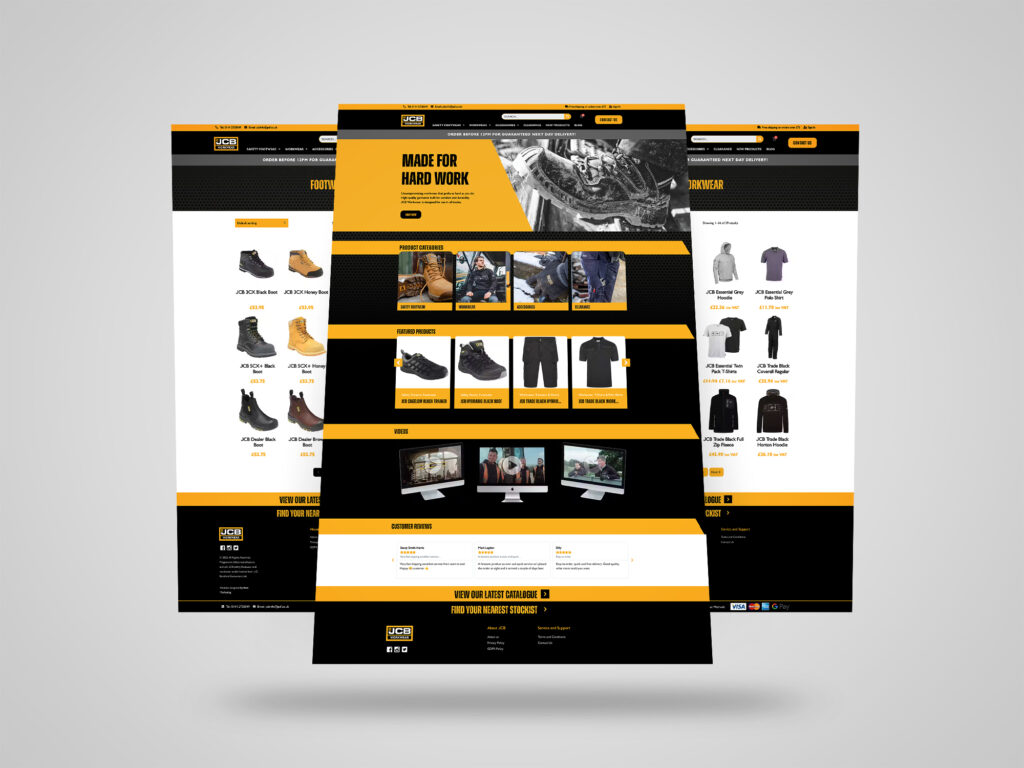Are you looking for the best CMS to manage your website content? No site should be without a content management system that’s easy to navigate. What’s more, as a website owner, you should always have complete control over your content.
However, what might surprise you is that some agencies offering the ‘best content management system’ don’t always make it easy for you to make changes to site content. That’s why it really does pay to look closely at your options and partner with experts who give you the control and flexibility you need.
In this guide, we’ll take you through the five basic steps to consider when choosing a CMS to help you reach your website management goals.

Consider design versatility
Regularly updating website content is an important factor for search engines grading the quality of your site and its content. Search engines want to deliver the most up to date content to their users. Therefore, it’s good SEO (search engine optimisation) practice to maintain a schedule of updating and improving existing and adding rich new content.
The best CMS options will have versatile layout options to present content – including text, images, video, and downloads – in an accessible way which perfectly reflects your brand. You’re going to need a CMS that allows you to adjust the look and layout of your website at every step.
Delivering consistent branding across your website is simple when you have a comprehensive set of tools within your CMS. At a master level, you can set the style of every page. This includes colour palette, typeface, and positioning for on page features. For example, setting sub-menu text colour to black, changing to orange when hovered over, underlining when clicked. Applying consistent typeface rules across different text applications, site wide, is also good SEO practice.
Both business needs and branding continually evolve. There’s little point in signing up for a CMS that presents only one or two layout design options. The best CMS offers you design versatility with the ability to update content freely.
Look for control flexibility
Be ready to read between the lines. Does your chosen CMS give you complete access to the site’s ‘back end’? Can you add or remove as many pages as you like? Are you able to access the latest features which support a technically proficient site? For example, if you alter a page URL to improve search visibility, does it automatically redirect the old page to the new? Redirects are another essential SEO practice.
When the need arises, will you be able to manage and edit website content yourself? Ensure this is going to be the case.
Many web design agencies will offer a custom CMS that will, essentially, lock you into their bespoke system. We recommend you retain control. Even if you’re not the most technically proficient site owner, freedom is vital. If you want to manage your website in-house, you should be able to. If you want to transfer site management to a different agency, you should be able to.
Look for an agency offering website design and management services using open-source software. Examples include WordPress, Magento, and Drupal.
Consider overall costs
When choosing a CMS, it can be easy to simply look at the flat rate you pay at the point of go live. However, there are additional costs and pricing points to consider in your budget. Domain renewals, monthly maintenance fees and plug-in subscriptions can all add up. Not all of these prices may be immediately obvious.
What’s more, consider your warranty. Most web agencies will include support and guidance within the cost, but once a site is out of warranty you will be expected to pay for updates, bugs, and fixes. Maintenance could cost hundreds each month.
Look for an agency offering a comprehensive monthly maintenance pack managing updates, backups, and security. A key element of website security is regular updates. Plug-ins, for instance, are a great way to add functionality for the best user experience. However, if they are not regularly updated, plug-ins can easily be hacked.
Consider portability and ease of use
Above all, the best CMS for any business is one that is easy to use. Here at Fenti, we use WordPress. The simplest, most versatile CMS worldwide. The majority of websites globally are built and maintained using WordPress open-source software, and there’s a reason for this.
Always make sure you know what you’re getting into. Ask the agency if they will build your site using their own, bespoke CMS – this usually means only they can manage it. Tread carefully here, because a site built by these agencies may not be entirely portable or web manager-friendly further down the road. What happens when you want to move to a different host or add new functionality?
As your business grows and evolves, so will your website. The best content management system evolves too. As web technology, user needs, and industries change over time, you need access to the most up to date tools to ensure your site delivers optimal performance at all times. WordPress is a fantastic CMS for this very reason. Open-source means developers everywhere are continually releasing new tools and plugs-ins – like apps for your site – some of which are free, and some of which have a monthly subscription.
If you opt for an open-source CMS, rather than a custom one, you will enjoy the freedom to do all this in-house, or the benefits of competitive outsourcing to an agency of your choosing.
Consider friendly, expert advice
When choosing a CMS, always choose a service that is backed by reliable experts. Content management and web hosting do have their complexities. At Fenti, we won’t ‘trap’ you or your website. You can manage it yourself once built or updated and you are always free to easily move it to another agency.
For clients updating their website content in-house, Fenti handover a site pre-configured at site level to reflect their brand guidelines. This means branding is consistent across the site, automatically.
Fenti website developers use WordPress to build our client’s sites. We know how to build future-proofed sites that perform. Delivering those all-important leads is our objective. We take care of all the little things which, on aggregate, form an active schedule of maintenance.
Is your website struggling to deliver leads? Is your traffic slowing down and you’re unsure why? It might be time for a health check.
Get a free consultation from Fenti our expert team will provide a full, in-depth report of your website.



